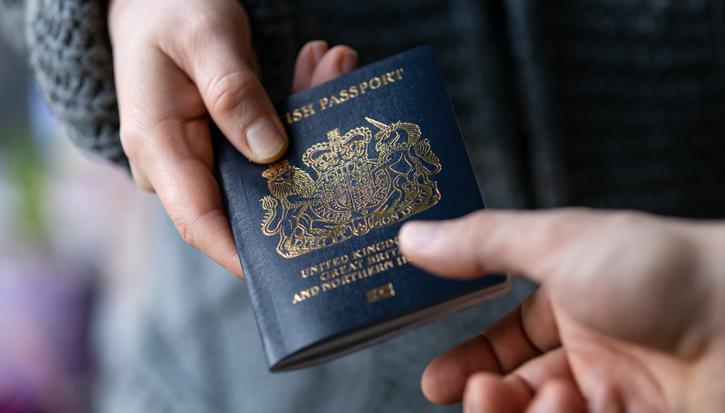Those who can?
Article
The world in which teachers must now operate is much changed from that of the 1980s and even the 1990s. During that time, political reforms have both helped and hindered teaching. Developments in technology and media have altered the way in which information is accessed, processed and shared by young people and have changed leisure and social experiences beyond recognition. Shifts in family formation, which began before the 1980s, have continued to alter the context in which schooling takes place.
It is increasingly the case that teachers cannot expect parents to have universal cultural norms or expectations about education, and must deal with varying levels of parental interest and engagement. And teachers have to deal with increasingly challenging behaviour, and are expected to perform expanded, more proactive roles in young people's lives.
This report considers the implications of these trends for teaching in England. It also explores the central role that teachers play in pupil attainment and development.
Related items

Women in Scotland: the gendered impact of care on financial stability and well-being
Women in Scotland are far likelier than men to take on childcare and other caring responsibilities, which puts them at an economic disadvantage.
Citizenship: A race to the bottom?
The ability to move from temporary immigration status to settlement, and ultimately to citizenship, is the cornerstone of a fair and functional immigration system.
Reflections on International Women's Day 2025
In a world that currently seems increasingly dominated by ‘strong man’ politics and macho posturing, this International Women’s Day it seems more important than ever to take stock of where we are on the representation of women in politics.